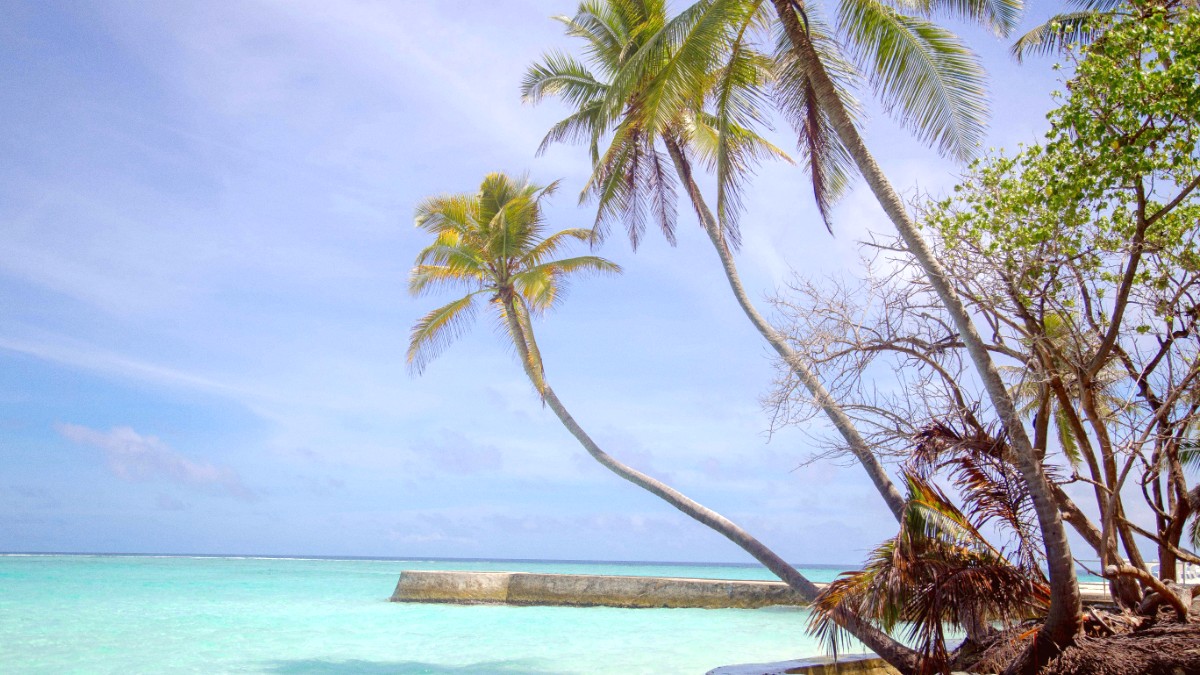
Maldives
The Maldives is globally recognized for its delicate coral reefs and diverse marine life. Many areas within the atolls are protected, serving as marine reserves or conservation zones. Maafushi is near several important dive and snorkel sites, part of this precious ecosystem. Visitors play a role in protecting these areas.
Maafushi, like many local islands in the Maldives, faces challenges with waste management. While efforts are underway, proper disposal and recycling infrastructure remain limited. Minimize your personal waste by avoiding single-use plastics. Use designated bins and never litter, especially on beaches or in the ocean.
Freshwater constitutes a precious resource on small islands like Maafushi. The island relies on desalination or rainwater harvesting. Be mindful of usage: take shorter showers and turn off taps when not in use.
Conscious choices during your travels contribute to a healthier planet and stronger communities.
Seek out guesthouses that demonstrate a commitment to sustainability. Their practices can range from reducing plastic to supporting local conservation initiatives. Ask about their eco-friendly efforts.
Choosing tour operators with clear ethical guidelines for marine interactions and waste disposal is important. They play a significant part in safeguarding the Maldivian environment.
The underwater world is a major attraction. Never touch or harass marine animals during snorkeling or diving.
While direct carbon offsetting for inter-island transport is uncommon, travelers can choose to mitigate their overall impact. Consider global carbon offset programs for international flights.
When buying souvenirs, prioritize local shops and items made on the island. This ensures your money directly benefits the artisans and small business owners within the community.
Sustainable productsNever purchase items derived from protected marine life, like coral, turtle shells, or certain types of shells. Purchasing or exporting these goods is illegal and directly harms the fragile ecosystem.
Conservation supportBeing a conscious traveler protects the natural beauty and supports the local community for future generations.
Cultural sensitivity makes certain of respectful interactions and a appreciation of Maldivian life.
Support local guesthouses and businesses that actively preserve and promote authentic cultural experiences and traditions. This helps maintain the unique identity of the island amidst growing tourism.
Maafushi is a Muslim island with active mosques. Adhering to respectful dress codes and conduct when near or visiting these sites is important.
Alcohol is strictly prohibited on local islands. Do not bring or consume alcohol on Maafushi.
Avoid excessive public displays of affection, including kissing or intimate embraces. Maldivian society is generally conservative.
Do not openly criticize or disrespect Islam. Avoid discussing local politics unless directly invited by a local, and always approach such discussions with sensitivity.
Responsible travel channels your visit's financial contributions directly to the local community.
Staying on Maafushi inherently exemplifies community-based tourism. Your presence directly supports the local economy, providing jobs and income for island residents, including guesthouse owners, restaurant staff, and shopkeepers.
When purchasing souvenirs and goods, prioritizing local shops and locally made items is a good practice. This ensures your money directly benefits the artisans and small business owners within the community.
Beyond shopping, your choices in activities and interactions further shape the economic landscape and ecological well-being of Maafushi. Support ethical operators.
If you wish to contribute to the community, thoughtful giving channels resources effectively. Direct donations to reputable local charities often yield the best results for sustainable development.
By making informed choices, you contribute to a positive and lasting legacy for Maafushi and its environment.
Your actions model responsible tourism for others and help preserve the island's natural allure.
Your patronage directly bolsters the local economy, helping residents thrive independently.
Respectful engagement fosters cultural preservation and appreciation within the community.
Adhering to local laws, especially regarding alcohol and protected marine life, is mandatory. Violations carry serious consequences.
Being an informed and considerate traveler significantly elevates your experience and the well-being of your destination.